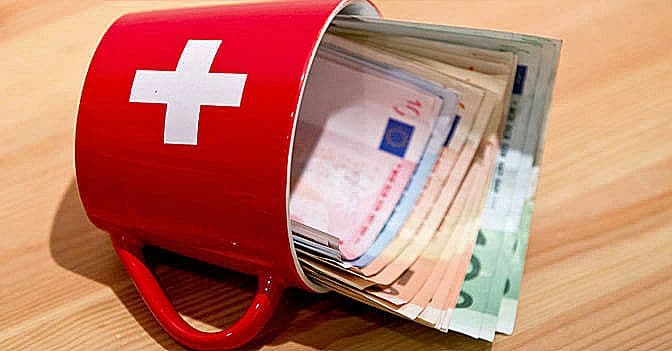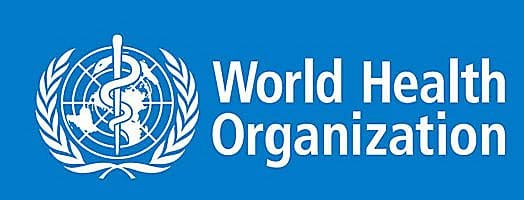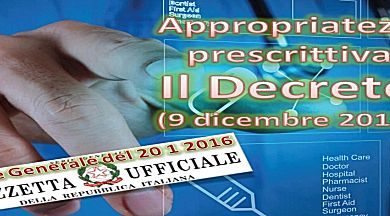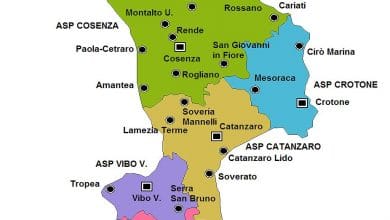
The problem of access to "vital medicines" no longer concerns only developing countries, but also wealthy Switzerland, argues the non-governmental organization Public Eye, which is proposing the introduction of compulsory licenses. An idea that the pharmaceutical industry does not like at all.
To reduce the prices of medicines and facilitate access to generics, the government should resort to the compulsory licensing system. In other words, it should be able to force the holders of a patent to grant its use to the State.
This is what the non-governmental organization is asking for Public EyeExternal Link, which launched a campaign to that effect on Tuesday.
Pharmaceutical companies often have a monopoly on new drugs for more than twenty years thanks to patents. A compulsory license allows a government to contract another company to manufacture and offer the patented drug at a lower price, without the consent of the patent holder.
The World Trade Organization (WTO) adopted the Trips Patent Trade Agreement in 1995, which provides for compulsory licensing to mitigate the negative impact of patent monopolies on public health.
"Pharmaceutical companies can practically fix the tariffs of medicines as they see fit", regrets the association in an appeal to health ministers Alain Berset and economy ministers Johann Schneider-Ammann. The problem of access to "vital medicines" no longer concerns only developing and emerging countries, says the NGO, supported by the Swiss Cancer League.
In the Confederation the prices of anticancer drugs are also exploding, often the costs amount to over 100,000 francs [editor's note: 116,200 euros] per patient per year. An amount that the Basel pharmaceutical group Roche disputes: the public tariff for the combined treatment covered by the compulsory basic insurance amounts to 80,000 francs a year, but may increase according to the duration of the treatments.
Marketing at these prices "undermines the balance of the Swiss healthcare system," said the president of the Swiss Cancer League, Gilbert Zulian, in a video message. Particularly with the aging of the population.
Efforts are needed, admits Berset
 On the sidelines of today's World Health Assembly (WHA) in Geneva, Alain Berset admitted that legislative "efforts" to improve access to generics must be made. In Switzerland, these medicines can even cost twice as much as in neighboring countries. You need to strike a balance between corporate research, public research and market conditions that are worth investing in, he added.
On the sidelines of today's World Health Assembly (WHA) in Geneva, Alain Berset admitted that legislative "efforts" to improve access to generics must be made. In Switzerland, these medicines can even cost twice as much as in neighboring countries. You need to strike a balance between corporate research, public research and market conditions that are worth investing in, he added.
In 2017, the prices of medicines in Switzerland were reduced by around 200 million francs. The Public Eye campaign, supported by a petition, however intends to go further and asks the federal councilors to undertake both domestic and foreign policy measures.
In the report "Protect patients, not patents" (protect patients, not patents), the NGO observes that compulsory licenses would make it possible to satisfy both the interests of a very profitable sector and public health needs. An instrument provided for by an intellectual property agreement at the World Trade Organization (WTO).
“The state has the right to decide when a compulsory licence” should be introduced, former Swiss health minister Ruth Dreifuss, who supports the campaign, told the media in Geneva on Tuesday. "It must intervene" when the costs for society are "unbearable", believes an expert in intellectual property.
According to Public Eye, excessive patent protection, in which Switzerland is involved internationally, also ends up harming patients in the Confederation, as recently demonstrated by the case of hepatitis C. Access to an innovative but “extremely expensive” is guaranteed only in the most serious cases.
“Crazy Thing”
For Roche these compulsory licenses are unjustified. According to a spokesman for the pharmaceutical group, there is no legal basis and a good patent system is indispensable for the pharmaceutical industry.
The Association of Swiss Pharmaceutical Companies InterpharmaExternal Link he also points out that he invests more than 7 billion francs in research every year. These cancer breakthroughs are now "curing one in two cancers," adds a spokesperson.
Interviewed by Swiss Radio and Television, Thomas Cueni, director general of the International Federation of Pharmaceutical Manufacturers and Associations, observes for his part that "asking for a compulsory license is crazy". “Switzerland's wealth – he continues – depends on the protection of our knowledge, which takes place thanks to patents. Of course we need to improve, that is, make our medicines more accessible in developing countries”.
tvsvizzera.it/mar/ats with RSI (TG of 22.5.2018)
Related news: Swiss. A reference price for generic drugs
Use drug commercials on TV to lower the price. There is controversy over Trump's proposal





